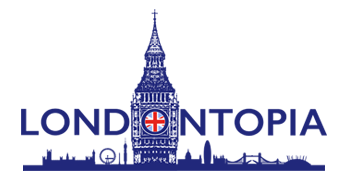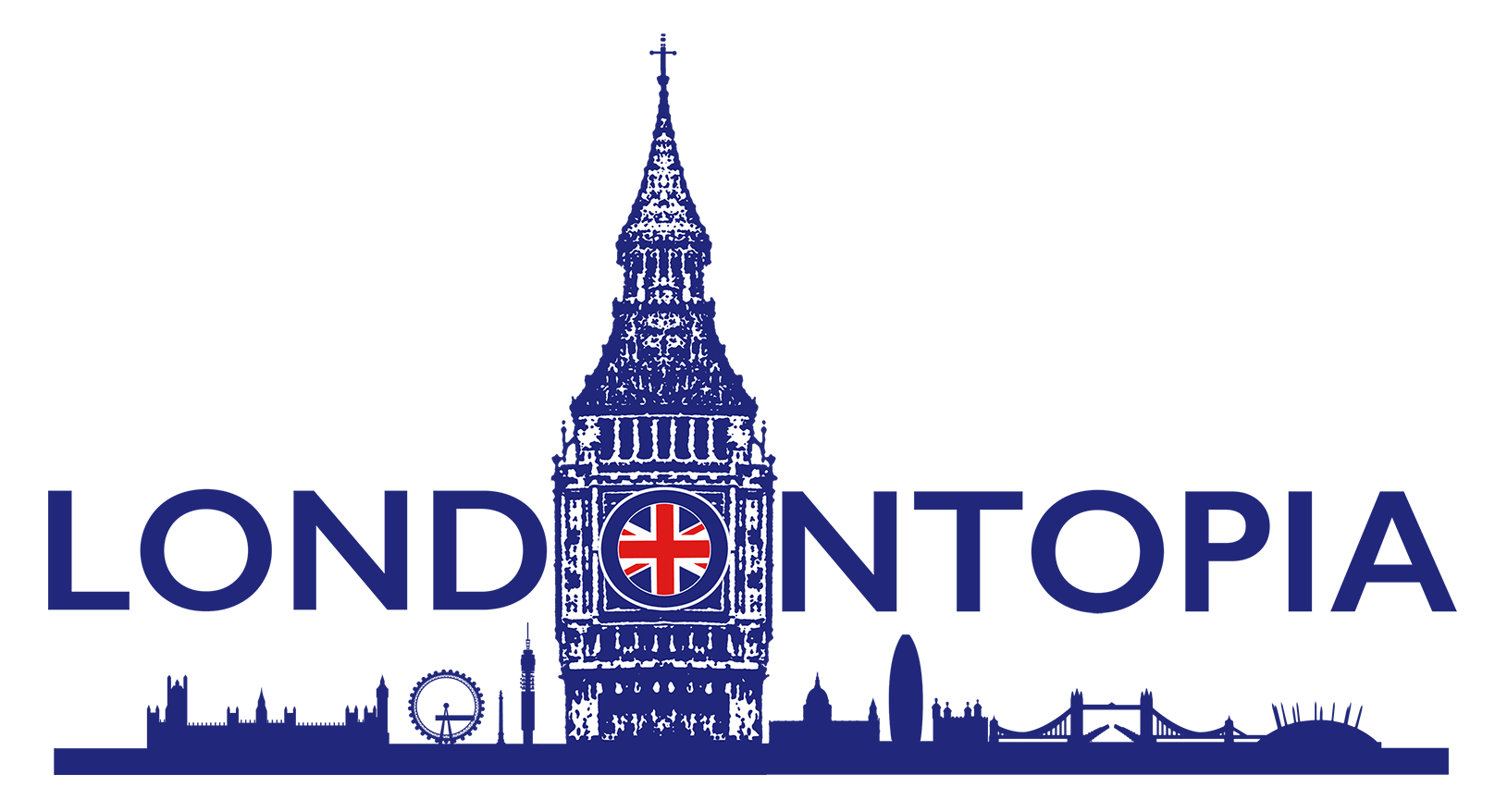For nearly 2000 years, London has been an important location in the British Isles. From a simple settlement to a major metropolis, the city has seen its share of major events that have defined its development. It’s hard to narrow down which ten events have been the most important in London’s history, so while we lay out the following keystone moments, you can share some that you think we left out in the comments.
Romans Establish Londinium – 42 AD
While evidence suggests that various tribes of humans lived in the area and established a fishing village along the Thames, London as we know it, didn’t get its start until the Romans established a settlement along the river. The site of Londinium was ideal for both trade and the Romans’ further invasion of Great Britain, later becoming an important administrative hub as well.
Norman Conquest – 1066
While London continued to be settled in some form after the Romans left, its next major change came when William the Conqueror entered the city in 1066. William burned Southwark to capture the city, crowned himself in Westminster Abbey, and then started construction on the White Tower of the Tower of London. As William confirmed his grip on the city, it would become the epicenter by which he would change all of England forever.
Peasants’ Revolt – 1381
When the common people of England finally had enough with high taxes, Wat Tyler led a revolt that marched on London. The resulting conflict raged over much of the city and local government essentially collapsed, with local officials’ houses burned in protest by the rebels. The violence didn’t come to an end until King Richard II’s forces brutally put down the rebellion. The government was reestablished and the peasants’ concerns largely resolved themselves over time as wages increased.
Great Plague – 1665 to 1666
Several bouts of bubonic plague struck the city over a three-hundred-year period. Each time, the nobility cleared out to the countryside to self-isolate, and Londoners died by the scores. Perhaps the most significant was the Great Plague of 1665-1666, in which the city barely held on as anyone with money and influence fled. With over 65,000 Londoners dying, the city was only just beginning to recover when its next tragedy struck.
The Great Fire – 1666
A fire in a bakery in 1666 led to the destruction of 436 acres of the City of London, including 13,200 and 87 churches. In the aftermath, Parliament and the city government started a large reconstruction project with many new buildings designed by Sir Christopher Wren, such as St. Paul’s Cathedral. The government also instituted several building code changes to prevent another fire and widened city streets.
London Underground Opens – 1863
With millions of people who travel the London Underground every year, it’s impressive to think that the first underground transport system opened in the city in 1863. Not only has the Tube become a major part of London transportation, but it served as the model for other underground trains in Paris, New York, and all over the world.
London Sewer System Completed – 1875
Almost twenty years before the London Sewer System opened, the Great Stink finally convinced city government that something had to be done about its untreated waste. Joseph Bazelgette designed a sewer system that resulted in not only improving the smell of London, but the overall health of its population.
The Blitz – 1940 to 1941
The German bombing campaign against London did a great amount of damage to the city as the Nazis attempted to not only cripple the British government but demoralize its citizens. However, their efforts had the opposite effect and what was meant to be the preparation for an invasion turned into a rallying point for Britons during World War II. Many of the housing blocks and brutalist buildings that came to define the city in the 20th Century were constructed post-war and the event defined generations.
Windrush Generation – 1945 to 1960
Another crucial event post-war was the large influx of immigrants from the Caribbean. The HMT Empire Windrush arrived in London in 1948 and became synonymous with whole generations who moved to the city for the promise of a new life. The new arrivals brought with them Caribbean culture and food that helped to change the makeup of the city, including the advent of the Notting Hill Carnival.
Summer Olympics – 2012
The Summer Olympics was the largest event to take place in the City of London. It was not only a major sporting competition that brought in people from all over the world in a spirit of fellowship, but it helped to change the City forever with the construction of Queen Elizabeth II Park and other facilities constructed for the games. Olympic games locations were constructed with plans to utilize them after the games were over, avoiding the urban blight that accompanied past Olympics.


